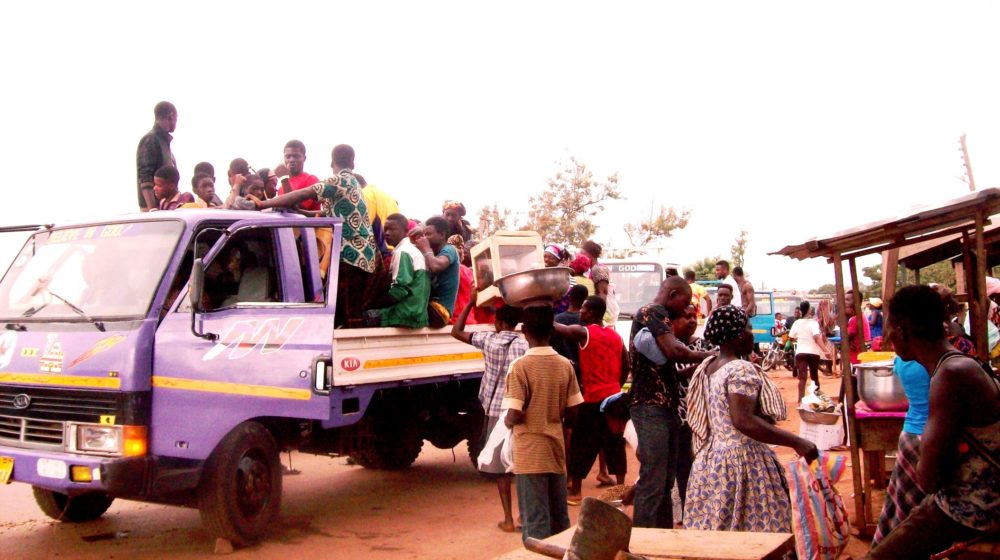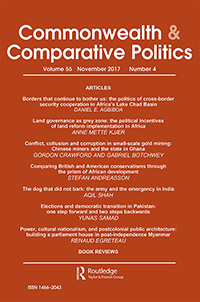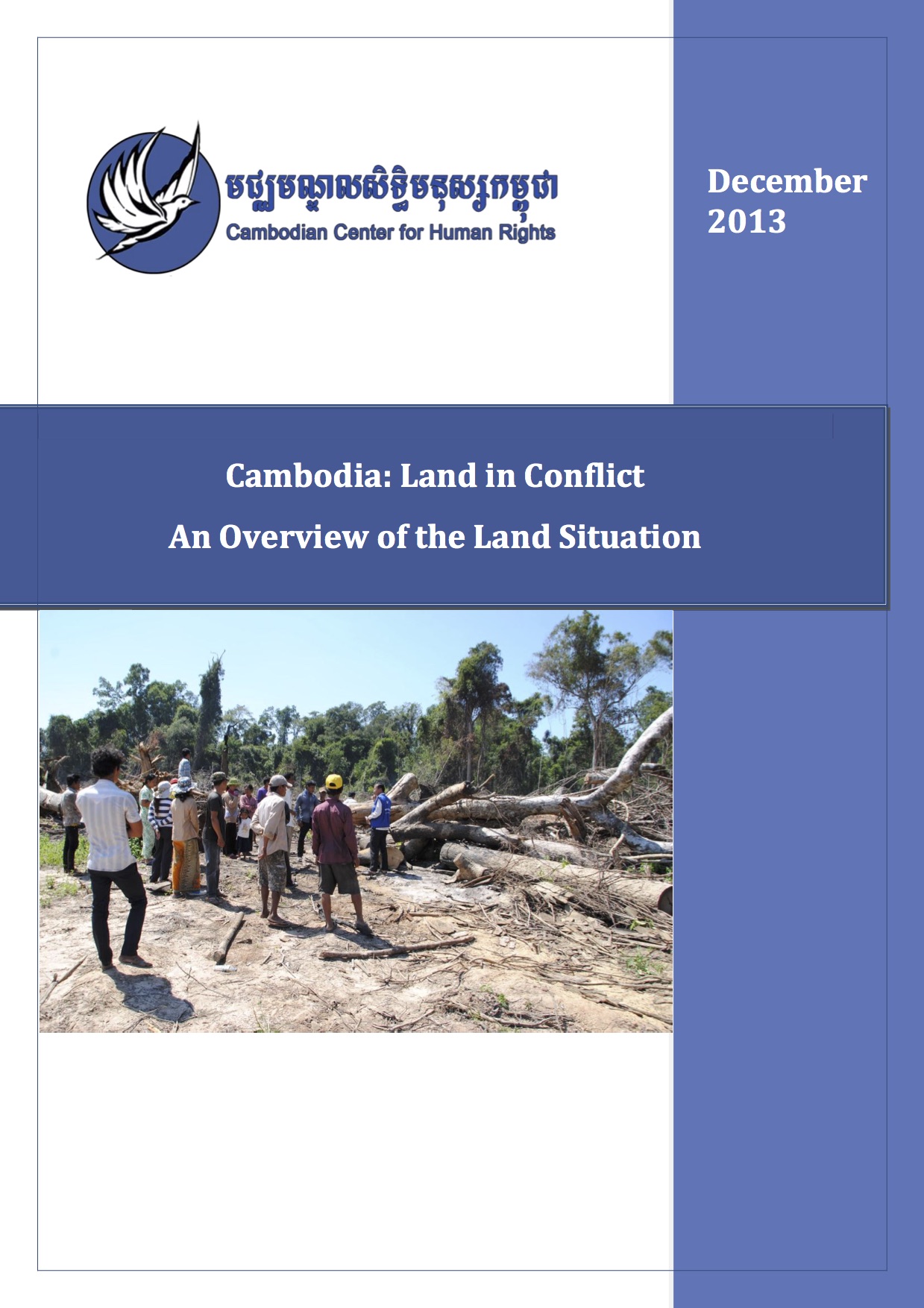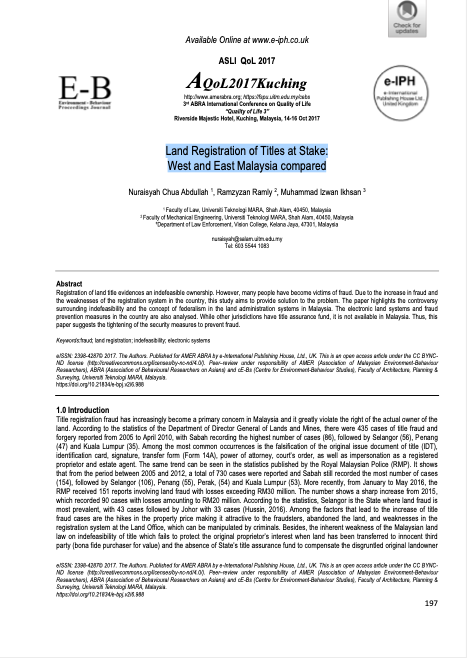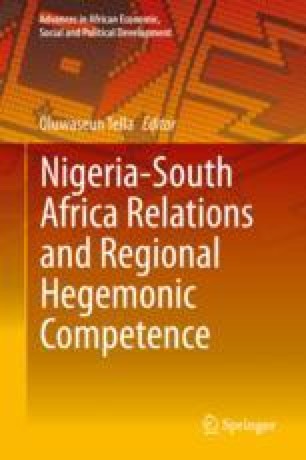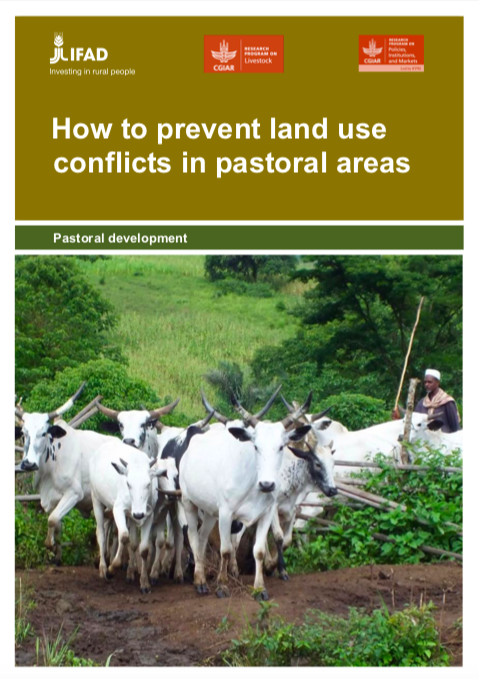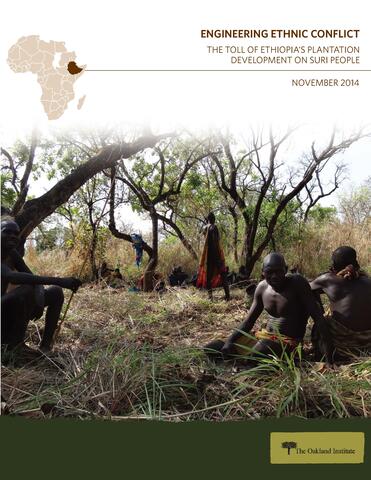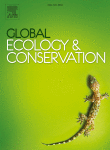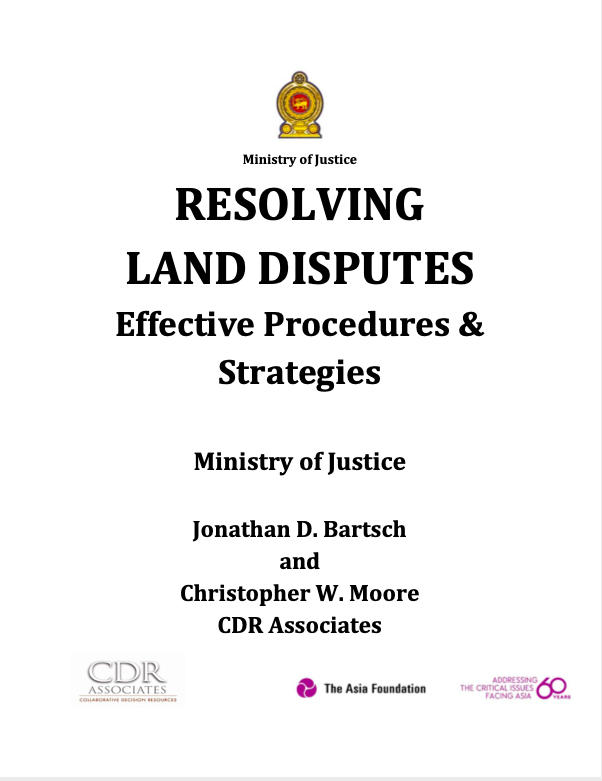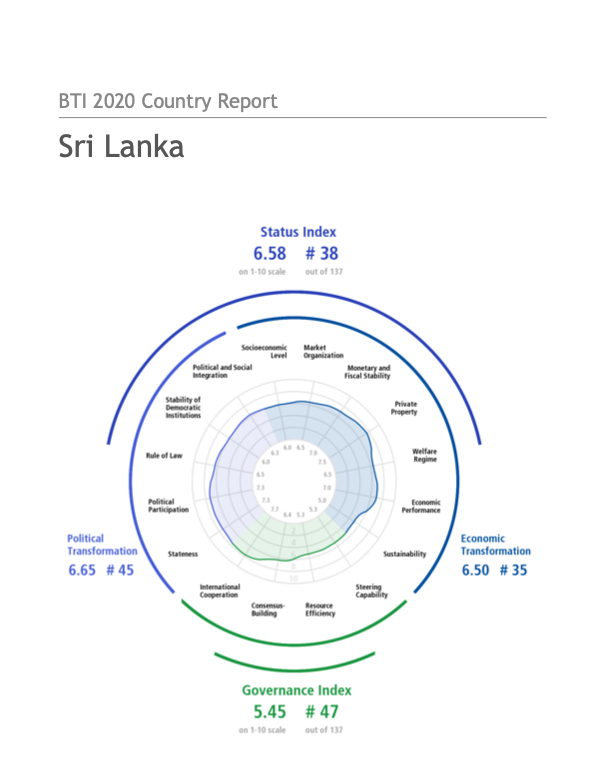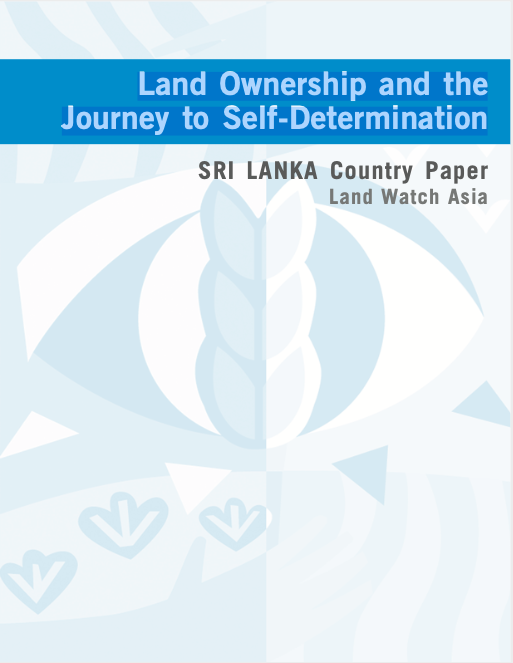“No Cattle Would Be Left Out”: Farmer-Herder Conflict and the Challenge of Peacebuilding from Below in Ghana
Farmer-Herder conflicts have grown in frequency across the Sahel region of West and Central Africa, including in Ghana, where they have evolved over time in phases. This article explores the drivers of farmer-herder conflict and the challenges it poses to sustainable peacebuilding in Ghana, using Agogo Traditional Area (ATA) in the Ashanti region of Ghana as a case study.

